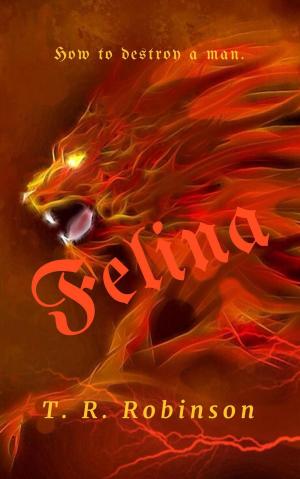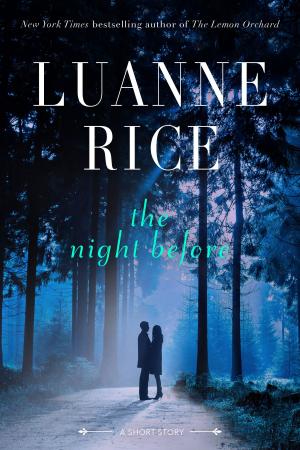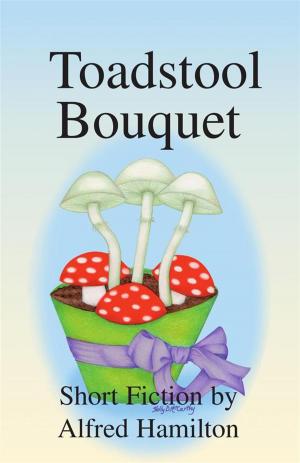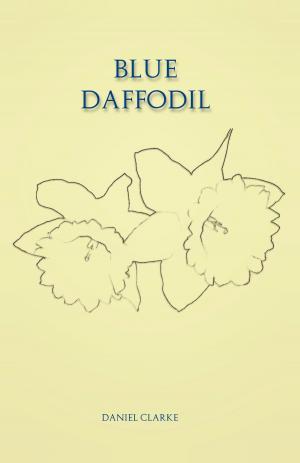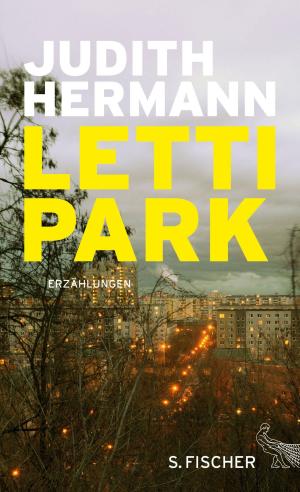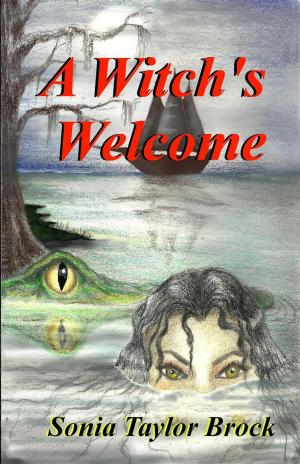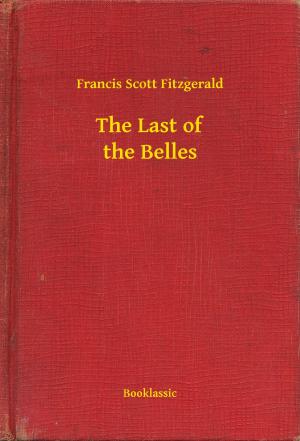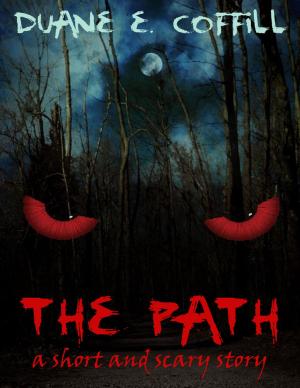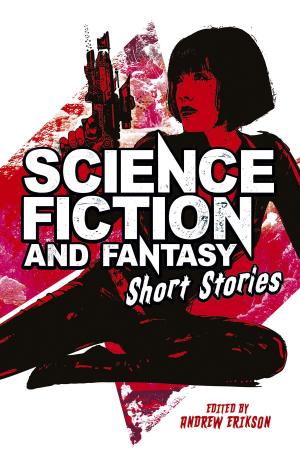| Author: | Marlin Barton | ISBN: | 9781938235108 |
| Publisher: | Hub City Press | Publication: | April 1, 2015 |
| Imprint: | Hub City Press | Language: | English |
| Author: | Marlin Barton |
| ISBN: | 9781938235108 |
| Publisher: | Hub City Press |
| Publication: | April 1, 2015 |
| Imprint: | Hub City Press |
| Language: | English |
These stories, all set in nearby towns in the Alabama Black Belt—a swath of dark soil that runs west to east through the central part of the state—explore the history, culture, and human spirit of the people who live there, and those that came before them and were shaped by the same rich and corrupted geography. In the title story a teenage girl wants desperately to escape her self-destructive mother and comes to realize the hay bale art she can see from their house may hold a key to her future, if she can divine it. The novella “Playing War” tells the story of a wife who’s just learned the hunting accident her husband was involved in years earlier was not exactly an accident. “Haints at Noon,” written in the form of a 1930s slave narrative, tells the story of a couple trying to endure that “peculiar institution.” Another story, “Into Silence,” which was included in Best American Short Stories 2010, gives voice to a woman who is deaf and mute as she tries to break the bonds of her domineering mother when a traveling photographer, working for the WPA, rents a room in their home. The past and present are joined here in stories that demonstrate the never-ending struggle for understanding and connection.
These stories, all set in nearby towns in the Alabama Black Belt—a swath of dark soil that runs west to east through the central part of the state—explore the history, culture, and human spirit of the people who live there, and those that came before them and were shaped by the same rich and corrupted geography. In the title story a teenage girl wants desperately to escape her self-destructive mother and comes to realize the hay bale art she can see from their house may hold a key to her future, if she can divine it. The novella “Playing War” tells the story of a wife who’s just learned the hunting accident her husband was involved in years earlier was not exactly an accident. “Haints at Noon,” written in the form of a 1930s slave narrative, tells the story of a couple trying to endure that “peculiar institution.” Another story, “Into Silence,” which was included in Best American Short Stories 2010, gives voice to a woman who is deaf and mute as she tries to break the bonds of her domineering mother when a traveling photographer, working for the WPA, rents a room in their home. The past and present are joined here in stories that demonstrate the never-ending struggle for understanding and connection.

